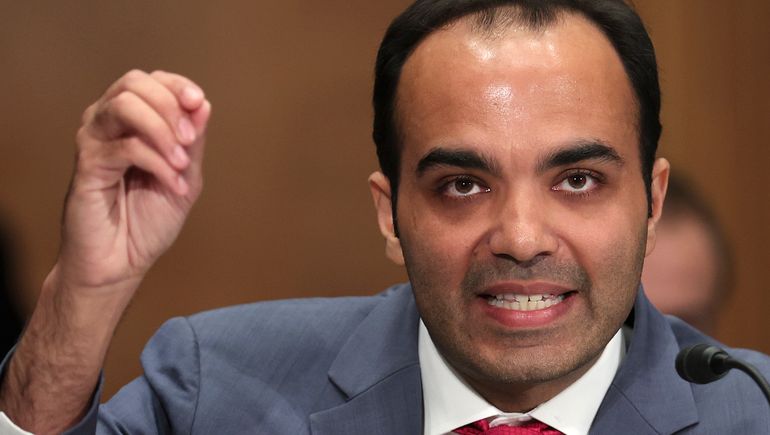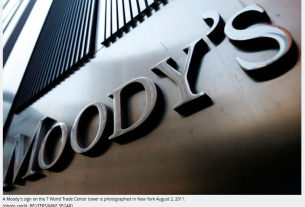Dive Brief:
- The Consumer Financial Protection Bureau said in a web post Wednesday that it has proposed an amendment to the Credit Card Accountability Responsibility and Disclosure Act (Card Act) of 2009 that would effectively cap credit card late fees at $8 per payment, and ban those fees from being over 25% of the minimum payment.
- The federal agency, which is acting as part of a broader Biden administration mandate to combat junk fees, estimates that American families pay some $12 billion in such late fees every year, and that the new rule would reduce that amount by as much as $9 billion.
- “Over a decade ago, Congress banned excessive credit card late fees, but companies have exploited a regulatory loophole that has allowed them to escape scrutiny for charging an otherwise illegal junk fee,” said CFPB Director Rohit Chopra. “Today’s proposed rule seeks to save families billions of dollars and ensure the credit card market is fair and competitive.”
Dive Insight:
The Biden administration has made combating junk fees imposed by U.S. companies part of its battle against antitrust violations in American business. On Wednesday, the White House touted progress made by the President’s Competition Council since September in battling “junk fees,” which the administration has defined as “hidden or unexpected fees.”
American families are frequently paying as much as $41 for one late payment, bolstering late fee revenue for credit card companies, the CFPB said.
The CFPB proposal would amend Regulation Z under the Truth in Lending Act in an effort to keep credit card late fees “reasonable and proportional” relative to the card issuers’ costs in handling them, as dictated by the Card Act, the agency said. The agency estimates the late fees amount to five times the costs of collection.
The agency said last June that it would begin a review of rules regarding card late fees, saying at that time that they were out of control. The agency on Wednesday reiterated that credit card companies charged about $12 billion in late fees in 2020. That amounted to about 10% of all the other credit card interest and fees they charged to consumers, according to the CFPB.
“Major credit card issuers continue to profit off late fees that are protected by an expansive immunity provision,” the agency said. “Credit card companies have also relied on this provision to hike fees with inflation, even if they face no additional collection costs. The proposed rule would help ensure that over the top late fee amounts are illegal.”
The immunity provision would remain in place under the new amendment, but if companies exceeded the $8 cap they would have to justify it by proving that their collection costs were higher than that amount. An automatic annual inflation adjustment to the immunity provision amount would be ditched under the proposed rule.
JPMorgan Chase, one of the largest credit card issuers in the U.S., and Visa, the biggest credit card network in the country, declined to comment on the CFPB’s action. A Mastercard spokesperson said a request for comment was best directed to card issuers. Capital One, Discover Financial and American Express didn’t immediately respond to a request for comment.
With respect to congressional antitrust oversight of the card industry, San Francisco-based Visa and Purchase, New York-based Mastercard have been in the sights of Sen. Dick Durbin (D-IL) for years. He spearheaded an amendment to the 2010 Dodd-Frank Wall Street Reform and Consumer Protection Act aimed at reining in debit card practices and has sought to increase competition in the credit card arena as well. A bill he proposed last year failed to win approval, but he’s expected to reintroduce it this year.
Public comments on the CFPB’s new proposal are due by April 3, 2023, or within 30 days after publication in the Federal Register, whichever is later.



